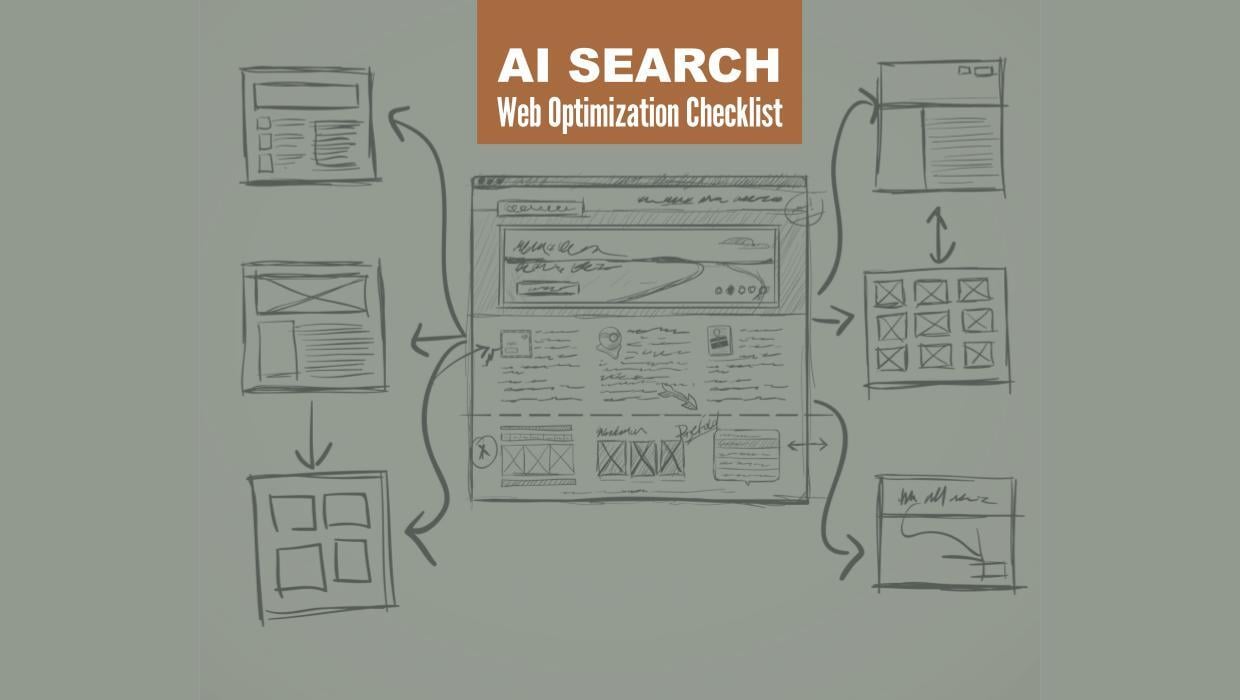HubSpot How-To: Make it Personal & Powerful with Conditional Property Logic
Written by
If you could personalize the experiences of your customers across every stage of the lifecycle, at scale, what would you do first? Highly tailored and targeted emails? Engagement-based sales follow-ups? Automated service ticket routing?
We’ve got plenty of HubSpot CRM tips and tricks to share, but Conditional Property Logic, or CPL as we call it, is particularly powerful.
Using CPL, you can transform prospect, lead, and customer interactions from generic to personalized and boost engagement, conversion rates, and your customers’ sense of attachment to your brand or organization.
Using this sophisticated HubSpot automation feature, you can create dynamically tailored content across emails, forms, web pages, and CRM tasks, helping ensure every experience your teams deliver resonates with that audience. You can also use it to help ensure the right data is collected at the right time — on everything from website forms to product quotes to customer support tickets.
Harnessing CPL’s value is about more than boosting metrics; you can actually build a more intuitive and satisfying customer journey that nurtures trust for your brand, your products and services, and your people.
What’s even more exciting is how simple it can be to start leveraging Conditional Property Logic in your HubSpot CRM. Watch the video above to learn how.
How to Segment, Personalize, and Automate Using Conditional Property Logic: Video Transcript
Hey, everyone. I'm glad that you stopped by today. In this video, I'm going to dive into a new tool in HubSpot called Conditional Property Logic.
This is used to ensure that all the information that you need is collected on your particular record, which could be a deal record, a company record, or even a contact record. So let’s dive in and follow along as I go into the settings area and we jump into the Properties spot.
Now inside Properties, you will see an option called Conditional Property Logic. I've already created a few properties that I wanted to use to share how this is built.
So I'm going to say that we’re having a product request, and say when somebody requests a product and they choose marketing services, we want to make sure to ask certain things. So we can say we want to know exactly what the domain is, but we also want to make sure that we’re collecting marketing notes — so we can also require this option. That way, when we’re asking for marketing services and we select it, it always requires that we also put in a domain that particular option. So if I were to go ahead and save this logic, that would appear whenever I select marketing services.
But let’s say that I also want certain items to appear whenever I select HubSpot CRM as a product/service request. When I hit that HubSpot CRM, maybe we have the Hubspot CRM Request up here, and I’m going to go ahead and save that.
Now, what’s great about this particular tool is that you can stack different logic on top of each other. So if I were to say, HubSpot CRM Request, and I were to say, Sequences, I can have more information, so let’s just say Copy. So, Template Copy is shown here. And then again, I can build on top of that and say, okay, well, when Template Copy is filled in and has an outsourced writer, then we have Copy Notes here.
So this is just a nice way to build in all the information we need to collect. Now, I’m going to dive into an actual record and show you how that looks.
So let’s go to this particular record, and we’ll dive down to the area that says Product Request, which I’ve put here under the Conditional Property Logic, And if I were to just select this and say, Marketing Services, you would see that the current domain and the marketing notes appear.
The same would happen if I were to select HubSpot CRM. HubSpot CRM Request would appear. So, now I have to put in notes here. So if I were to actually deselect this, you can see that I could try to save this without filling in this information.
But I can't, because the other one has this required. So I'm just going to go ahead and fill this in, notes, and I'm going to say Sequences here. Now, when I select Sequences, you can see that there’s another option that appears. And they just keep building on each other. So if I were to say, Outsourced Writer, now we have Copy Notes appear.
So this is just a great way to collect all the information that you need whenever you first select certain different options.
So in this example, the Product Request is a good way to make sure that we’re collecting all the information that we need for this particular record.
Again, this can work on the deal record, on the actual company record, and really helpful on the ticketing record to make sure that you're collecting all the ticket information upfront.
So I hope this is very helpful. This could be useful in that Create Record area, especially for tickets, to make sure you’re collecting all the necessary information from your team, but I would love to hear other ways that you’re using this capability to make sure that you’re collecting all the data you need in your CRM. I hope it was helpful, and that you have a great day.
Optimize Your HubSpot CRM to Maximize ROI
Your HubSpot CRM is a powerful tool — even more powerful when you put its capabilities to full use. And you may be surprised by how much busywork you can take off your team’s plate with some thoughtfully optimized automations and strategically built workflows.
You’ll want to keep an eye out for more HubSpot sales tips and CRM automation tricks from our team. If your team is new to HubSpot, onboarding help from an accredited HubSpot partner ensures you’ll be set up to get the most from HubSpot’s powerful suite of tools.
If you’re looking for help optimizing, our experts can help you develop an optimized implementation plan that aligns with your specific goals, customer demands, and operational needs — to help you make sure your CRM’s a perfect fit for your go-to-market teams. Find out more about our HubSpot services for RevOps (marketing, sales, and service) teams by clicking the link below.
Subscribe To Our Blog
Information. Insights. Ideas. Get notified every time a new Weidert Group blog article is published – subscribe now!
You May Also Like...

Search Engine Optimization
Optimize Your Industrial Website for AI Search

Marketing Technology
Why Unified Data Efforts Fail (and How Manufacturers Can Fix It)

Search Engine Optimization
How Falcon Rebuilt Industrial AI Search Visibility in 2025
Accelerate Your Growth with
Weidert Group
If you’re ready to explore a partnership, request a personalized consultation with our team.

